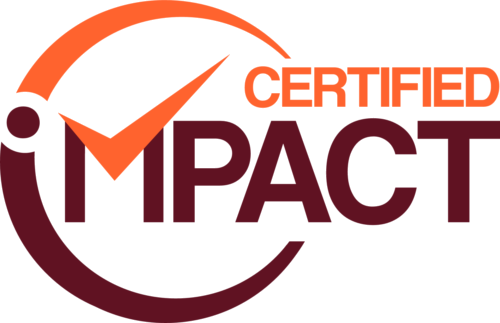
For many English as a Second Language (ESL) adults in the United States, the entrepreneurial journey can seem like a faraway dream. The desire to own your destiny, shape your success, and leave a lasting legacy for your family is a powerful motivator. However, while the rewards of entrepreneurship are plentiful, the journey for ESL individuals is paved with its own set of unique challenges. Navigating the complexities of American business culture, legal frameworks, and nuanced communication in a second language can feel like crossing a busy street with no traffic signals. It is difficult to figure out the most direct path to take to reach the other side.
Understanding the Jargon:
One of the first hurdles ESL entrepreneurs face is the specialized language of business jargon. Terms like "seed funding," "net operating income," and "limited liability company" can be bewildering even for native English speakers. This linguistic hurdle can lead to misunderstandings in contracts, missed opportunities, and difficulty accessing crucial resources.
To bridge this gap, ESL entrepreneurs need specialized
training in business English. This training goes beyond basic conversational
fluency and delves into the specific vocabulary and idioms used in finance,
marketing, legal settings, and different industry sectors. Resources such as
dedicated business English courses, online tutorials, and industry-specific
glossaries can be invaluable tools in demystifying the jargon jungle.
Building Trust and Confidence:
Beyond linguistic barriers, ESL entrepreneurs often experience challenges with building trust and confidence in the US market. Accents, cultural differences, and perceived lack of fluency can lead to unconscious biases and skepticism from potential investors, customers, and partners. Overcoming these hurdles requires proactive measures.
Building a strong online presence with a well-crafted
website and social media engagement can help establish credibility and
professionalism. Seeking mentorship from experienced entrepreneurs,
particularly those from similar cultural backgrounds, can provide invaluable
guidance and networking opportunities. Participating in community events and
fostering relationships with local businesses can further break down barriers
and showcase the entrepreneur's passion and expertise.
Five Steps to Entrepreneurial Success:
For ESL adults ready to embark on their entrepreneurial journey in the United States, here are five essential steps to follow:
1. Identify Your Niche:
Leverage your unique skills, cultural background, and personal experiences to identify a niche market where you can excel. What problem can you solve better than anyone else? Does your cultural heritage offer a distinct advantage in catering to a specific community? Focus on areas where your passion and expertise intersect, creating a value proposition that resonates with your target audience.
2. Sharpen Your Business Acumen:
Even the most brilliant ideas need a solid foundation. Invest in business training programs specifically geared towards ESL entrepreneurs. These programs will equip you with the essential knowledge in areas like finance, marketing, legal structures, and business operations. Utilize resources like the Small Business Administration (SBA), the SBDC network, and SCORE to access free or low-cost counseling and resources.
3. Master the Language of Business:
As discussed earlier, invest in specialized business English training. Practice and perfect your writing skills for creating compelling business plans and marketing materials. Practice your presentation skills to confidently pitch your ideas to investors and customers. Joining business-oriented English conversation groups or online forums can provide valuable real-world practice and feedback.
4. Build Bridges in Your Community:
Network actively within your local community, both online and offline. Connect with other immigrant entrepreneurs, local business organizations, and potential customers. Building trust and establishing a strong community presence is crucial for building a successful and sustainable business. Consider participating in cultural events and offering your expertise to local organizations to solidify your position as a valuable community member.
5. Seek Support and Embrace Mentorship:
Don't do this alone. Find experienced mentors and advisors who can guide you through the challenges of entrepreneurship in the United States. Look for mentors who understand your cultural background and the specific hurdles faced by ESL individuals. Participating in mentorship programs like those offered by the SBA or SCORE can connect you with experienced business professionals.
The journey of an ESL entrepreneur in the United States is not always easy. However, by working to overcome the linguistic and cultural barriers, leveraging your unique strengths, and seeking the right support, you can build thriving businesses and contribute significantly to the US economy and your local community. Both the American dream and its entrepreneurial counterpart are built on resilience, adaptability, and a relentless pursuit of excellence. Embrace the challenges, celebrate your successes, and persevere in your journey toward entrepreneurial triumph.
**********
Certified
Impact provides group training on business English. Please reach
out to our team for more details.
Also, check out our slate of entrepreneurial training opportunities by clicking here.

